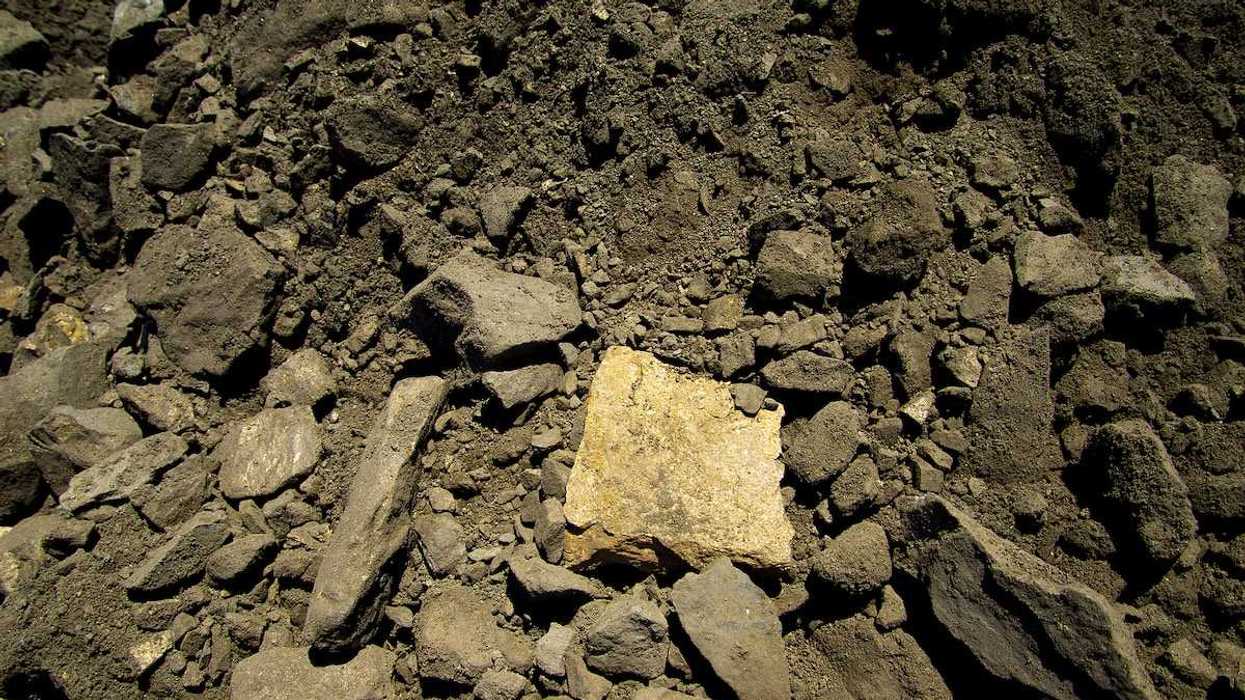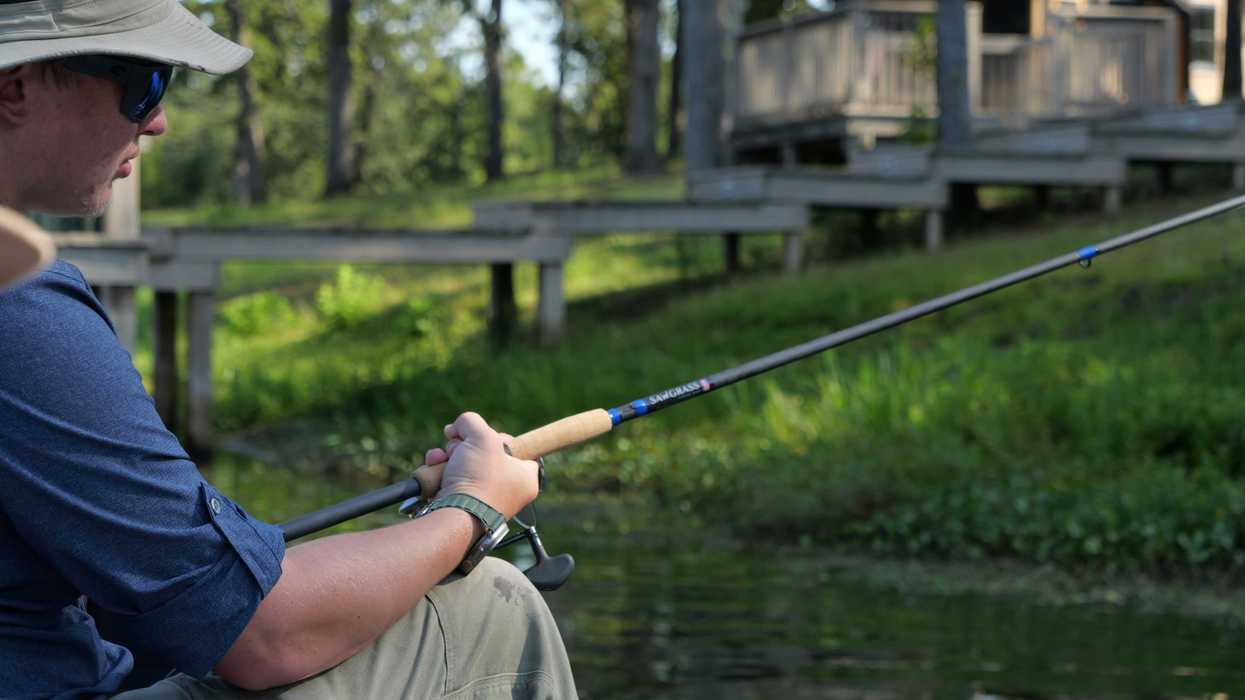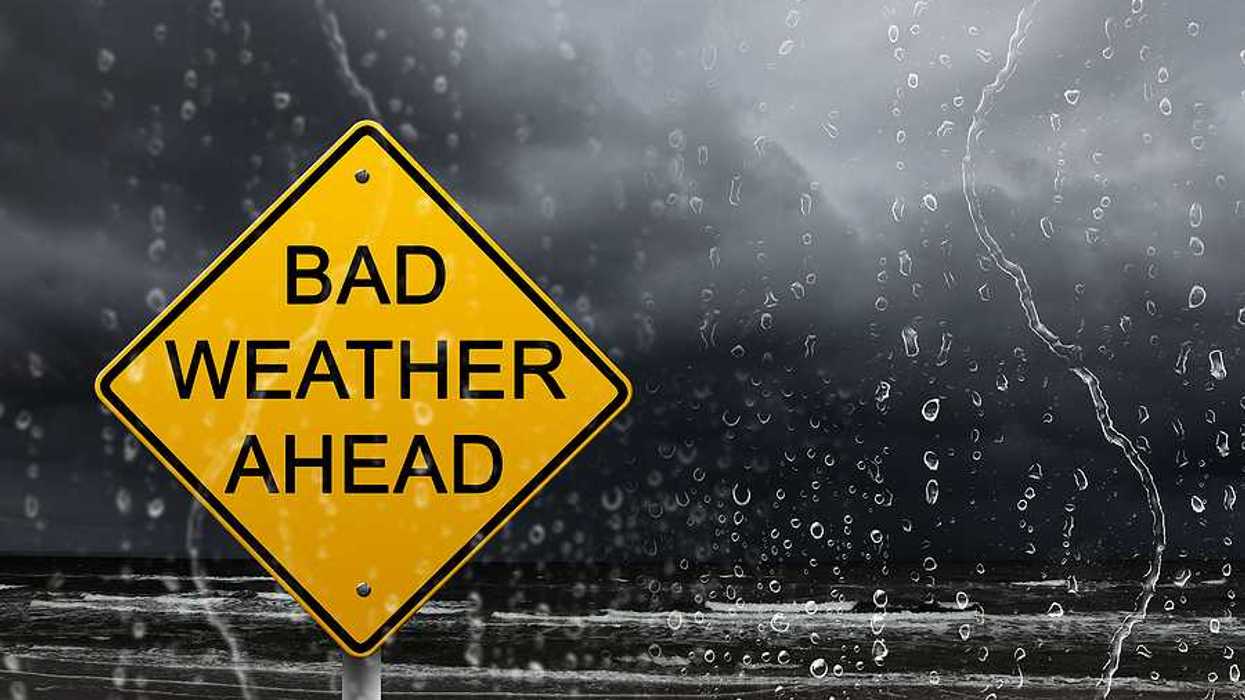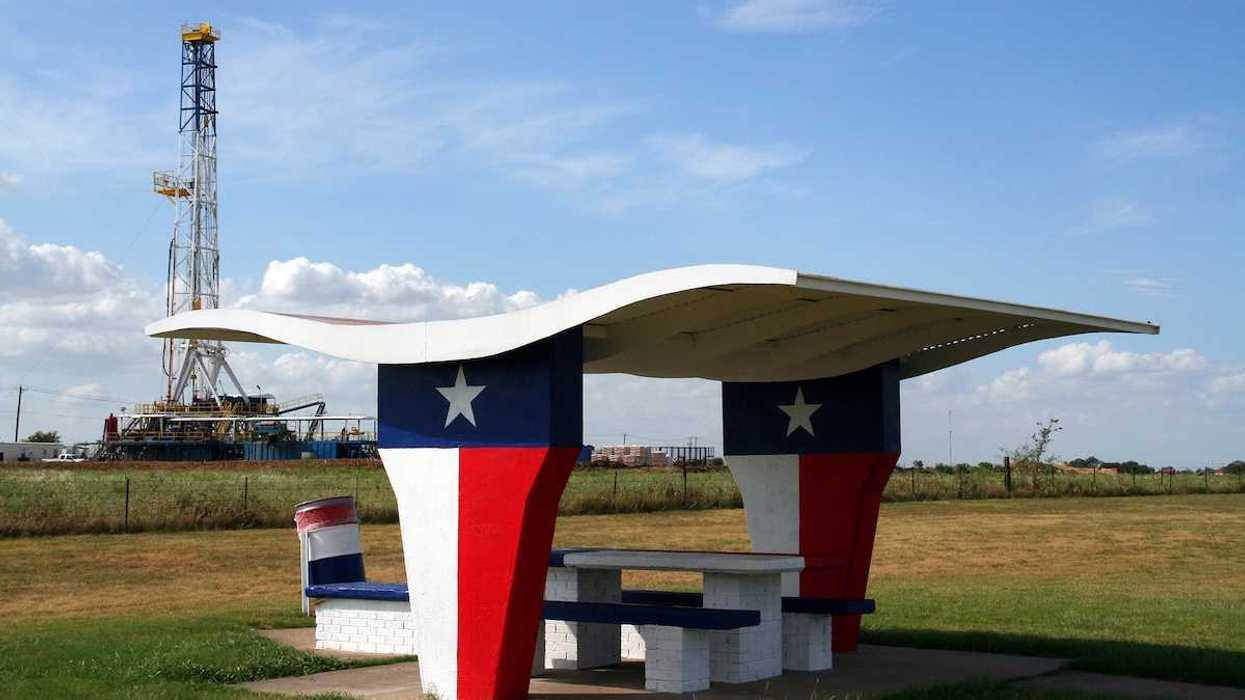After Hurricane Katrina, Houston’s initial warm embrace of 200,000 evacuees turned cold as racial tensions and media-driven fears about crime escalated.
Jake Bittle reports for Grist.
In short:
- Houston’s mayor initially led a praised effort to resettle thousands of Katrina evacuees, but soon faced backlash due to racial prejudices and crime concerns.
- Media narratives blaming evacuees for rising crime in Houston intensified, even though studies later showed minimal impact on crime rates.
- The experience highlights the challenges cities face when handling large-scale climate-driven migrations, exacerbated by racial tensions and media influence.
Key quote:
“The dynamics of race and ethnicity and apprehension toward immigrants drove largely antagonistic beliefs about the mostly poor, mostly black new arrivals.”
— Authors of a study that analyzed Houston’s response to Katrina.
Why this matters:
The story of Houston’s response to Katrina evacuees is a cautionary tale for future climate disasters, showing how quickly compassion can turn to hostility, especially when race and fear are involved. The politics of disaster recovery can turn ugly, transforming places of refuge into battlegrounds where the victims of one disaster are scapegoated for entirely different reasons. Read more: Poor southerners are joining the globe’s climate migrants.














